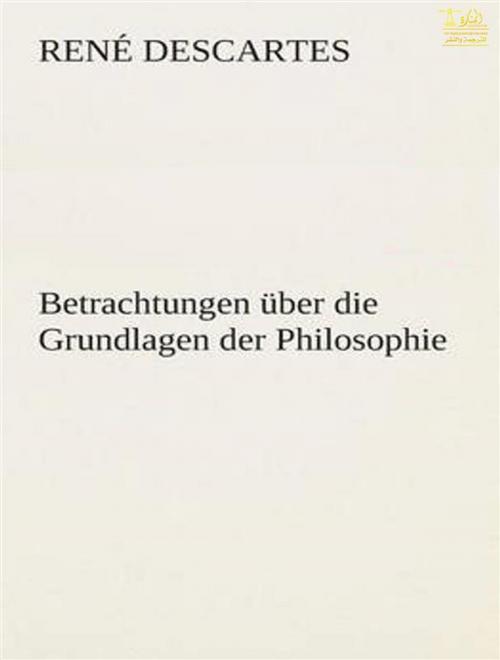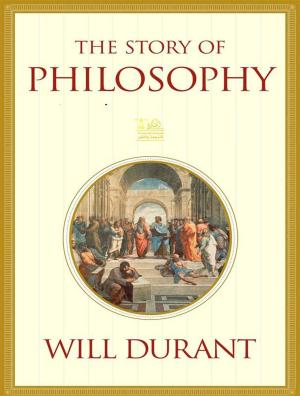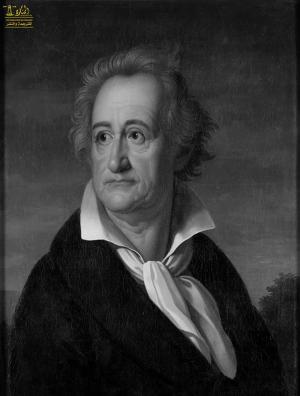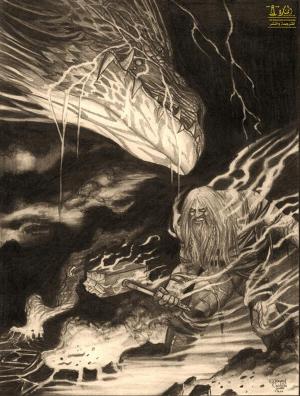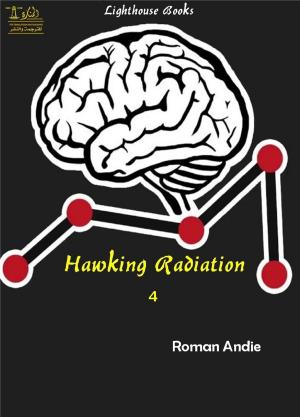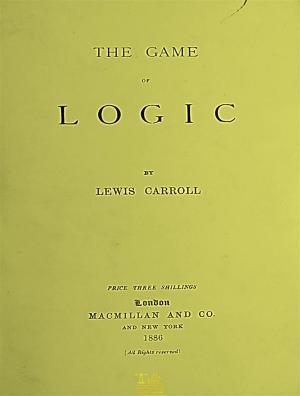Betrachtungen über die Grundlagen der Philosophie
Nonfiction, Religion & Spirituality, Philosophy, Logic, Ethics & Moral Philosophy| Author: | René Descartes | ISBN: | 9780599456464 |
| Publisher: | Lighthouse Books for Translation and Publishing | Publication: | August 29, 2019 |
| Imprint: | Language: | German |
| Author: | René Descartes |
| ISBN: | 9780599456464 |
| Publisher: | Lighthouse Books for Translation and Publishing |
| Publication: | August 29, 2019 |
| Imprint: | |
| Language: | German |
Betrachtungen über die Grundlagen der Philosophie
René Des-Cartes (Seigneur du Perron) [Fußnote] erblickte das Licht der Welt am 31. März [Fußnote] 1596 zu La Haye (Touraine), wohin seine Mutter sich vor der Pest geflüchtet hatte. Sein Vater war Rat beim Parlament der Bretagne zu Rennes und gehörte einem der ältesten Adelsgeschlechter von Touraine an. René war von schwächlicher Körperkonstitution.
Descartes was born in 1596 at La Haye in France of a noble family, and was educated in the celebrated Jesuit college of La Flèche, where he received a philosophical and scientific education according to the principles of the Scholasticism of his day. Not fully satisfied with this first education, and urged on by a desire to better himself, he went first to Paris, and then enlisted in the army during the Thirty Years' War.
René Descartes (picture) is justly considered the father of modern philosophy and the founder of the rational method as applied to philosophical research. In fact, he is the first philosopher to begin with the impressions which are in our intellect (intellectual phenomenalism) and lay down the laws which reason must follow in order to arrive at reasonably certain philosophical data.
This phenomenalism does not find its full development in Descartes. Indeed, Descartes reaches metaphysical conclusions which are no different from those of Scholastic philosophy. He maintains the transcendency of God, upholds human liberty and Christian morality.
But pantheism is sown deep in every form of immanentism. The rationalism of Descartes was to be quickly and logically bent in this direction by Spinoza, while other Cartesians, such as Malebranche and Leibniz, tried -- with less logic -- middle-of-the-road solutions between pantheism and the transcendence of God.
On the ninth of November, 1619, while still in the service in winter quarters, he gave himself up to meditating on how to apply the mathematical method of the sciences to philosophy. During this time he conceived the four laws which he described in his work Discourse on Method. He then abandoned the army, but before dedicating himself completely to philosophical meditation he undertook long travels throughout Europe.
In 1629 he retired to Holland, which offered him tranquillity for meditation and writing. He remained there until 1649. During these twenty years he wrote nearly all his books. In 1649 he went to the court of Queen Christina of Sweden, being summoned there by the Queen, who wished to study philosophy under his direction. Unable to resist the rigors of winter, he died in Sweden during 1650.
Descartes was a scientist and a philosopher. As a scientist he is noted for his studies in mechanics, physics and mathematics. As a philosopher he opened the period of modern philosophy.
Not all the philosophical works written by Descartes were published during his lifetime. His Rule for the Direction of the Mind was published posthumously, as was his treatise on The World.
The philosophical works published by the author were four: Discourse on Method; Meditations on First Philosophy, in which he proves the existence of God and the immortality of the soul; Principles of Philosophy, in four books, a systematic work reviewing the entire thought of the author; The Passions of the Soul, treating of the problem of morality.
Betrachtungen über die Grundlagen der Philosophie
René Des-Cartes (Seigneur du Perron) [Fußnote] erblickte das Licht der Welt am 31. März [Fußnote] 1596 zu La Haye (Touraine), wohin seine Mutter sich vor der Pest geflüchtet hatte. Sein Vater war Rat beim Parlament der Bretagne zu Rennes und gehörte einem der ältesten Adelsgeschlechter von Touraine an. René war von schwächlicher Körperkonstitution.
Descartes was born in 1596 at La Haye in France of a noble family, and was educated in the celebrated Jesuit college of La Flèche, where he received a philosophical and scientific education according to the principles of the Scholasticism of his day. Not fully satisfied with this first education, and urged on by a desire to better himself, he went first to Paris, and then enlisted in the army during the Thirty Years' War.
René Descartes (picture) is justly considered the father of modern philosophy and the founder of the rational method as applied to philosophical research. In fact, he is the first philosopher to begin with the impressions which are in our intellect (intellectual phenomenalism) and lay down the laws which reason must follow in order to arrive at reasonably certain philosophical data.
This phenomenalism does not find its full development in Descartes. Indeed, Descartes reaches metaphysical conclusions which are no different from those of Scholastic philosophy. He maintains the transcendency of God, upholds human liberty and Christian morality.
But pantheism is sown deep in every form of immanentism. The rationalism of Descartes was to be quickly and logically bent in this direction by Spinoza, while other Cartesians, such as Malebranche and Leibniz, tried -- with less logic -- middle-of-the-road solutions between pantheism and the transcendence of God.
On the ninth of November, 1619, while still in the service in winter quarters, he gave himself up to meditating on how to apply the mathematical method of the sciences to philosophy. During this time he conceived the four laws which he described in his work Discourse on Method. He then abandoned the army, but before dedicating himself completely to philosophical meditation he undertook long travels throughout Europe.
In 1629 he retired to Holland, which offered him tranquillity for meditation and writing. He remained there until 1649. During these twenty years he wrote nearly all his books. In 1649 he went to the court of Queen Christina of Sweden, being summoned there by the Queen, who wished to study philosophy under his direction. Unable to resist the rigors of winter, he died in Sweden during 1650.
Descartes was a scientist and a philosopher. As a scientist he is noted for his studies in mechanics, physics and mathematics. As a philosopher he opened the period of modern philosophy.
Not all the philosophical works written by Descartes were published during his lifetime. His Rule for the Direction of the Mind was published posthumously, as was his treatise on The World.
The philosophical works published by the author were four: Discourse on Method; Meditations on First Philosophy, in which he proves the existence of God and the immortality of the soul; Principles of Philosophy, in four books, a systematic work reviewing the entire thought of the author; The Passions of the Soul, treating of the problem of morality.
